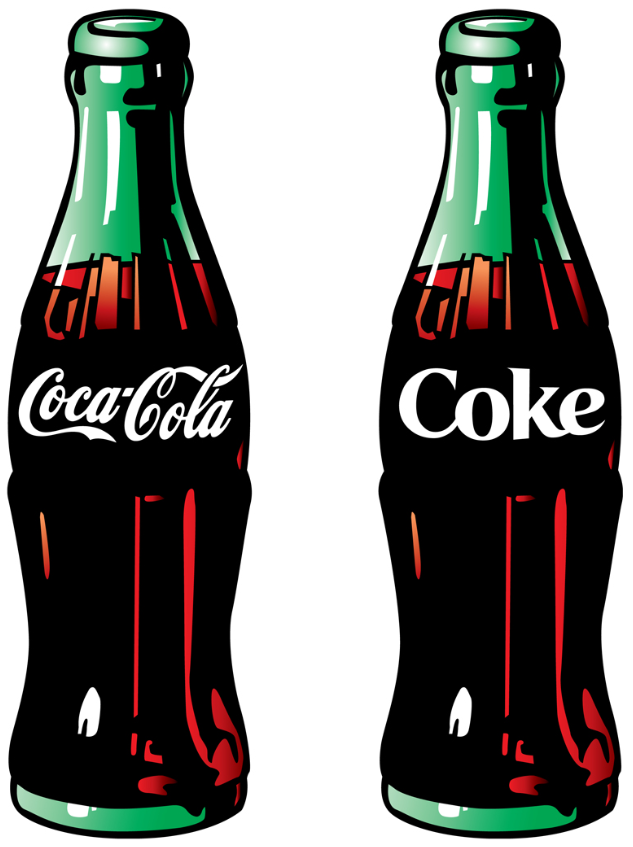TELL ME ABOUT YOURSELF
Immediately or very early in the job interview, the directive is thrown to you:
“ So, tell me about yourself. ”
Some people know how to respond to this directive and some do not. Even among those who know how to respond, the range of expertise runs from minimal to master. For maximum effectiveness, you want to respond with a “90-second commercial” that highlights the value that you deliver and why the interviewer should be very interested in hiring you. You do not want to give a deadpanned single-sentence response that falls flat. On the other hand, you do not want to go into an aimless ramble. Either behavior will diminish your standing.
Although many have given instructions on how to handle this task, I recently came across what I felt was the very best outline to get the job done. The full article with expanded explanations is available from Nonprofit Talent Match (drawing from work by Peter K. Studner, author of Super Job Search IV: The Complete Manual for Job Seekers & Career Changers ). Here is my summary of the key points identified that should go into your 90-second commercial:
- [Your name and an expression of appreciation for the opportunity].
- My background is . . . [academic credentials, certifications, and training].
- I specialize in . . . [skills and expertise, plus any relevant accomplishments if they fit easily].
- I have worked for . . . [brief list of employers].
- I was responsible for . . . [only share your most significant responsibilities].
- I am especially proud of . . . [one or two major accomplishments].
- I am excited to be here because . . . [one or two well-researched ideas of how you can bring value to the prospective organization].
Remember that your 90-second commercial should be 90 seconds or less. This means you will only have about 10 to 15 seconds for each segment. You must know exactly what item or items you want to verbalize for each segment. Rehearse this until you can rattle it off naturally yet without sounding as if you are reading it. Moreover, don’t worry about the brevity. The interviewer will probe where more details are a concern.
If the interviewer interrupts and completely redirects the conversation, keep cool. Go with the flow. You will simply remain alert to the next opportunity to weave the remainder of your content into the discussions.











